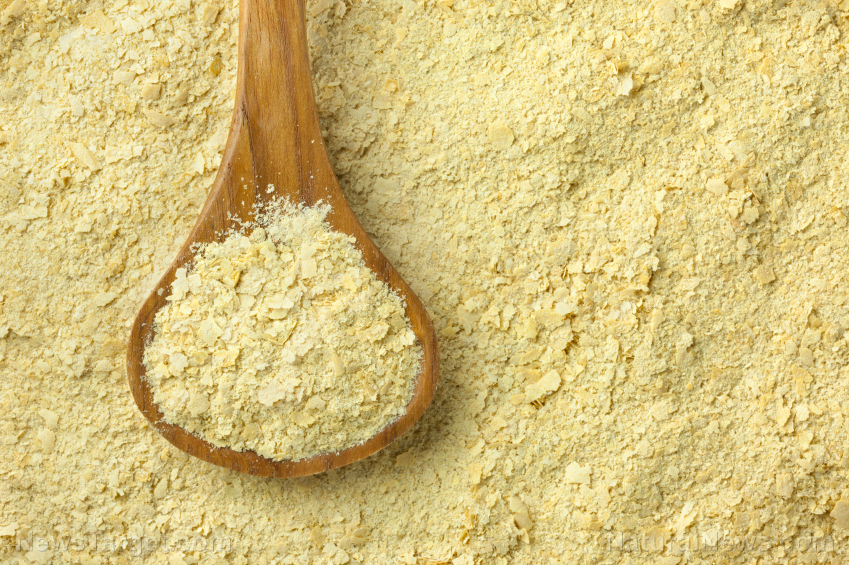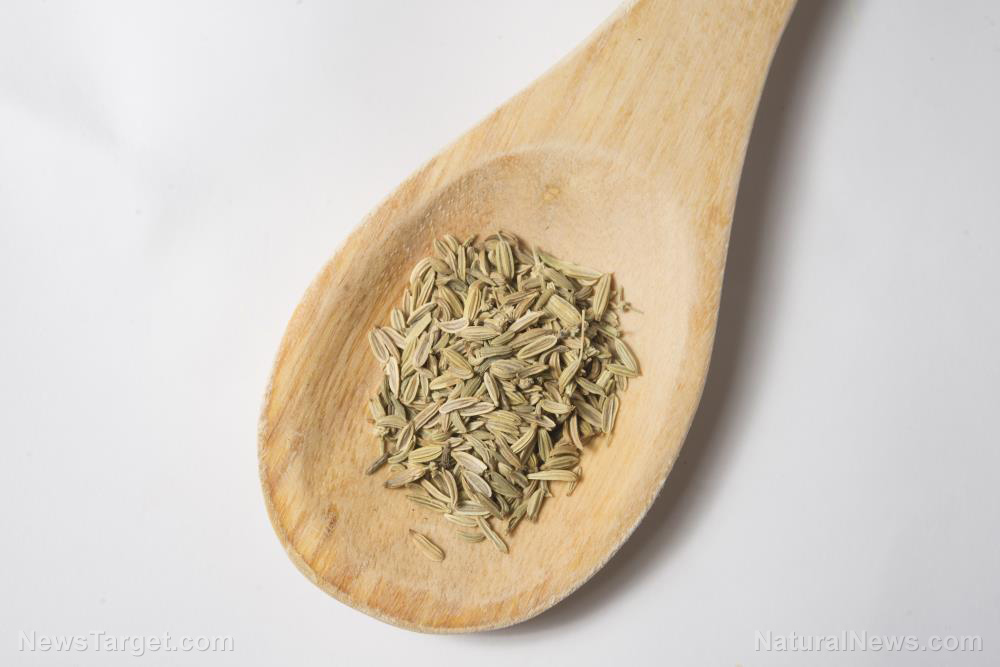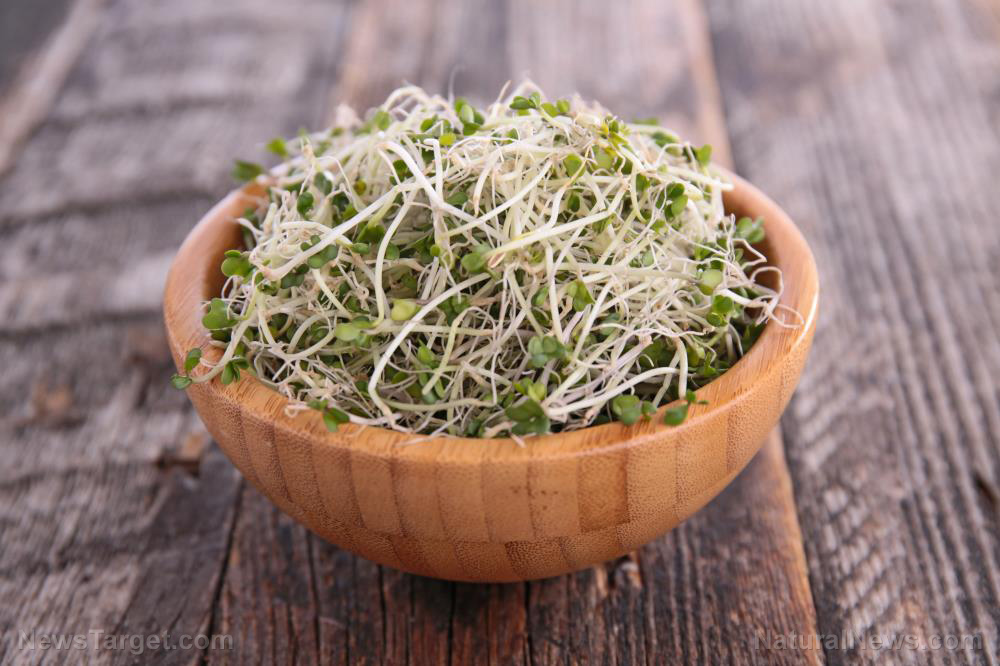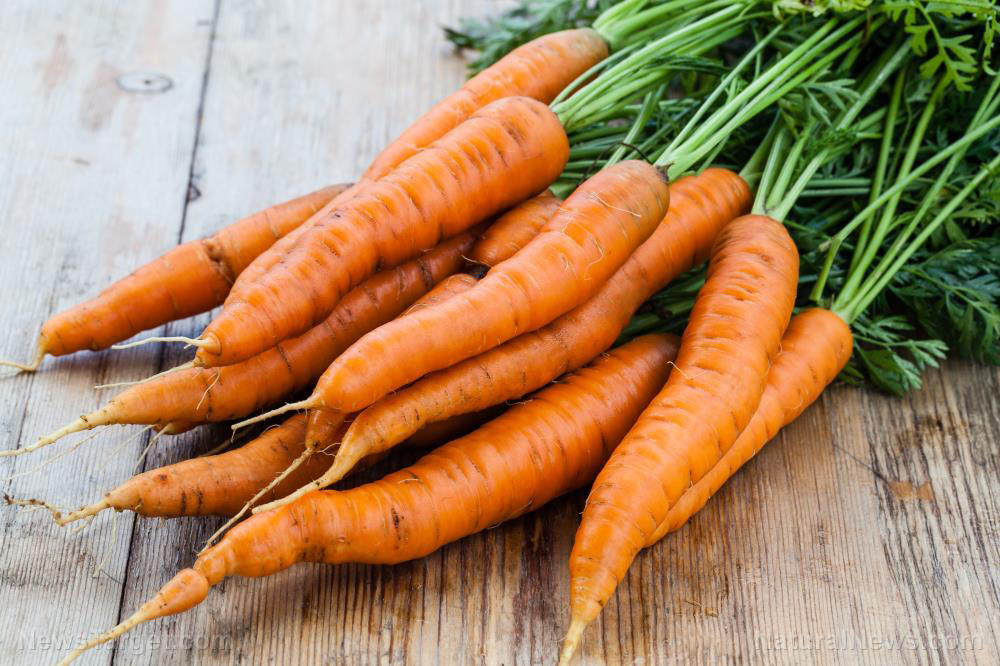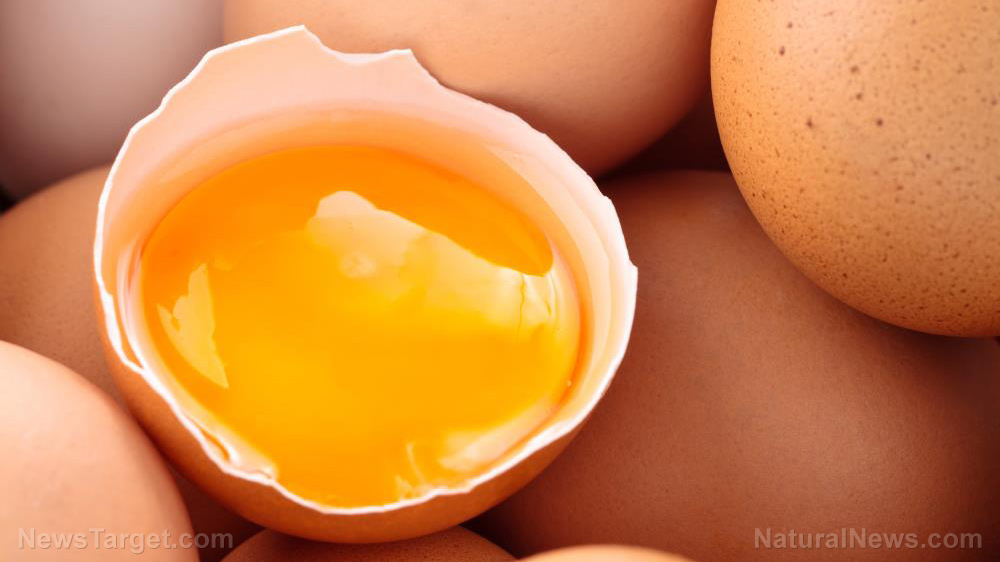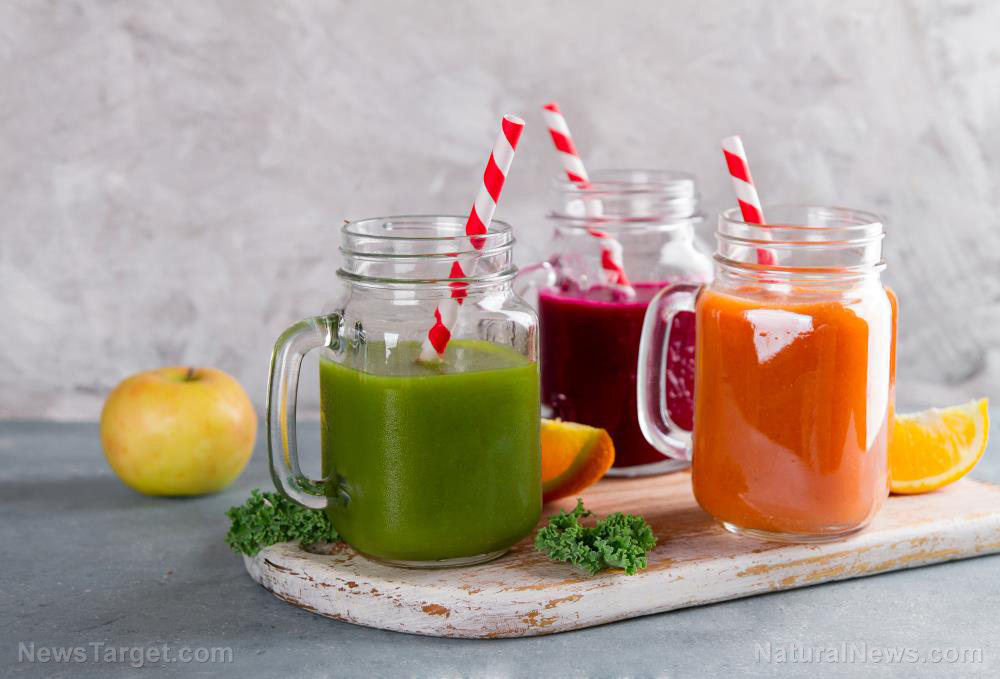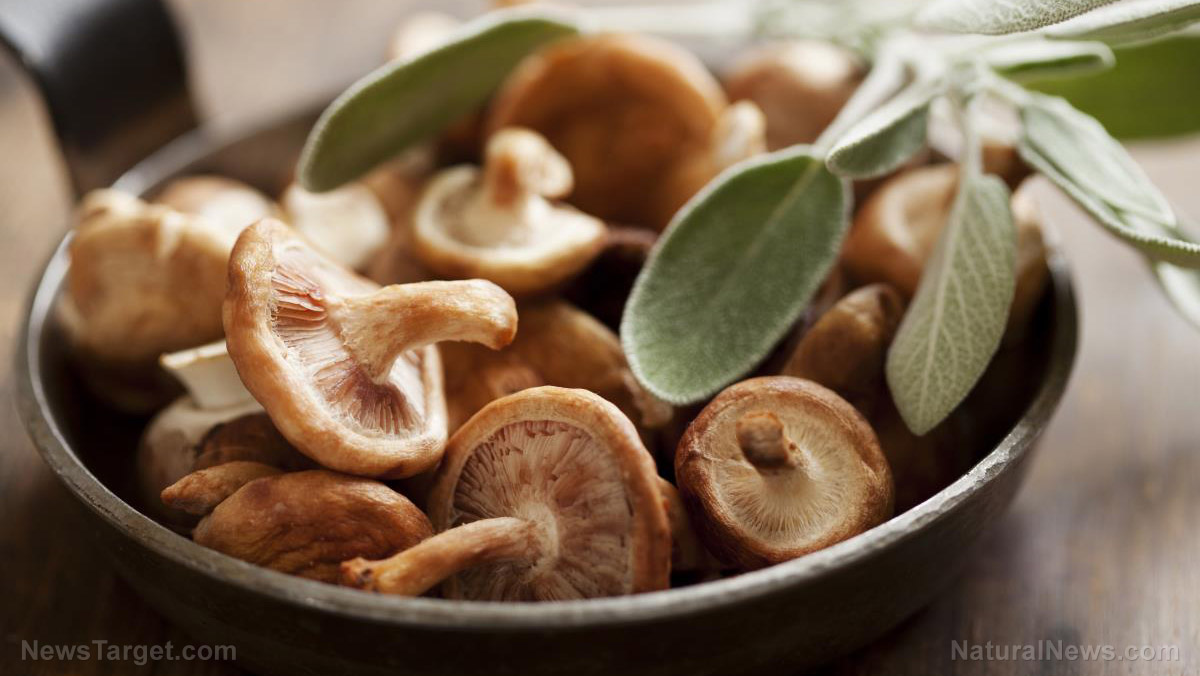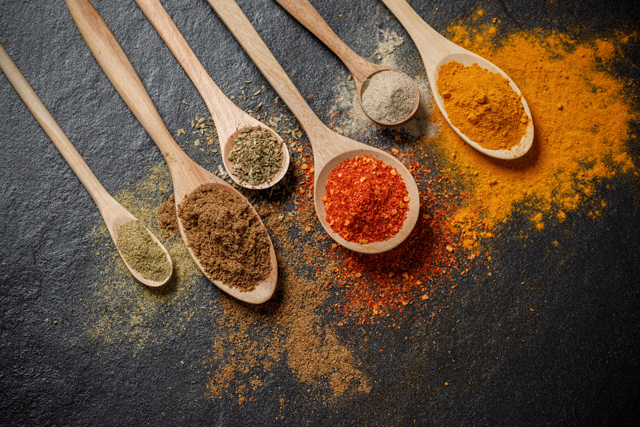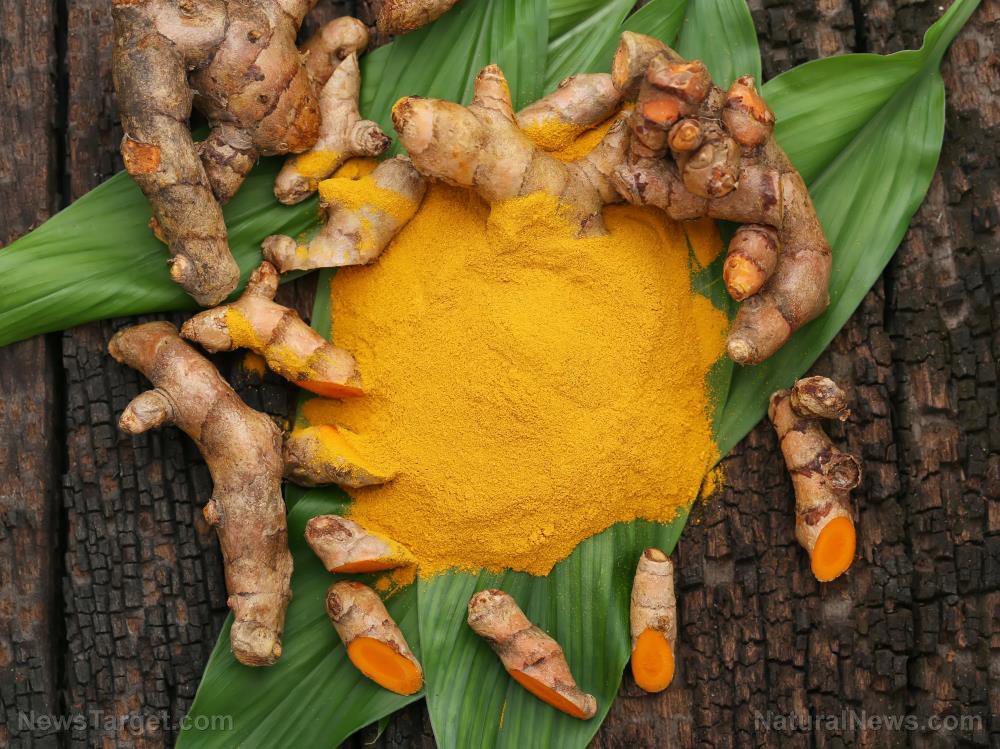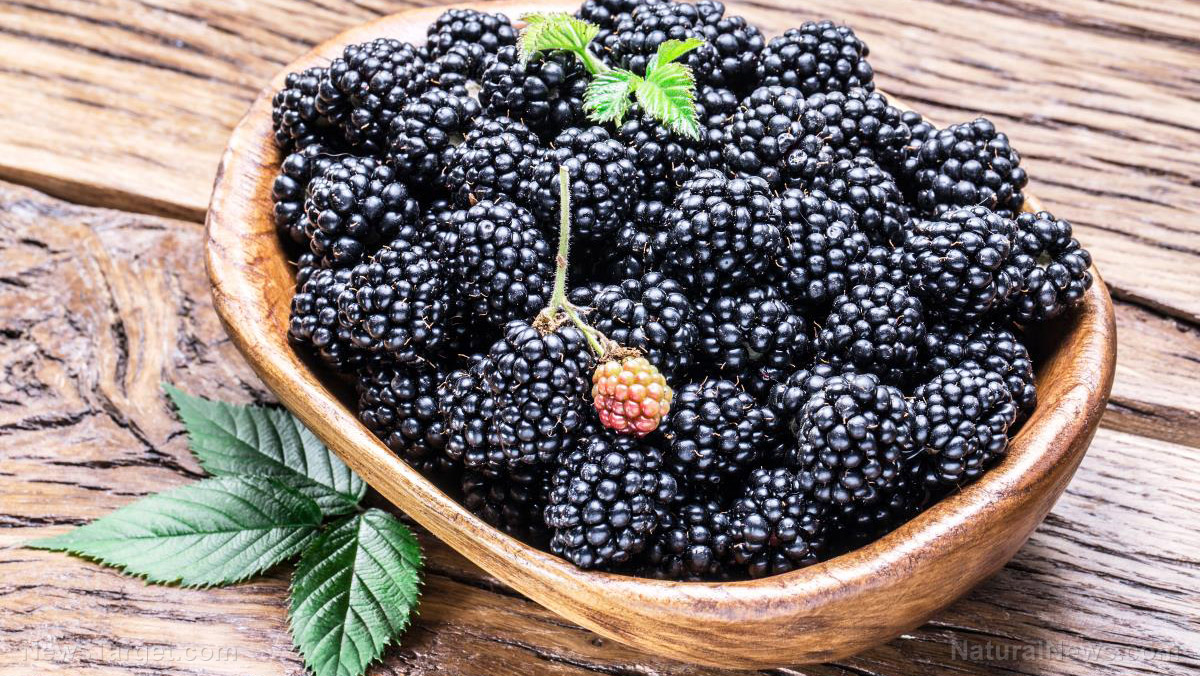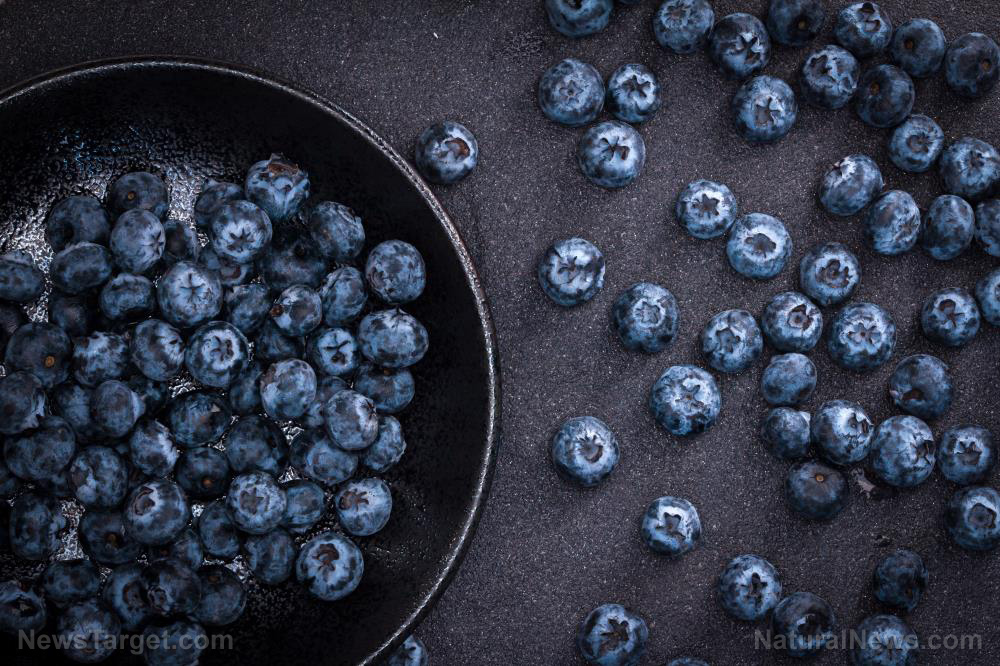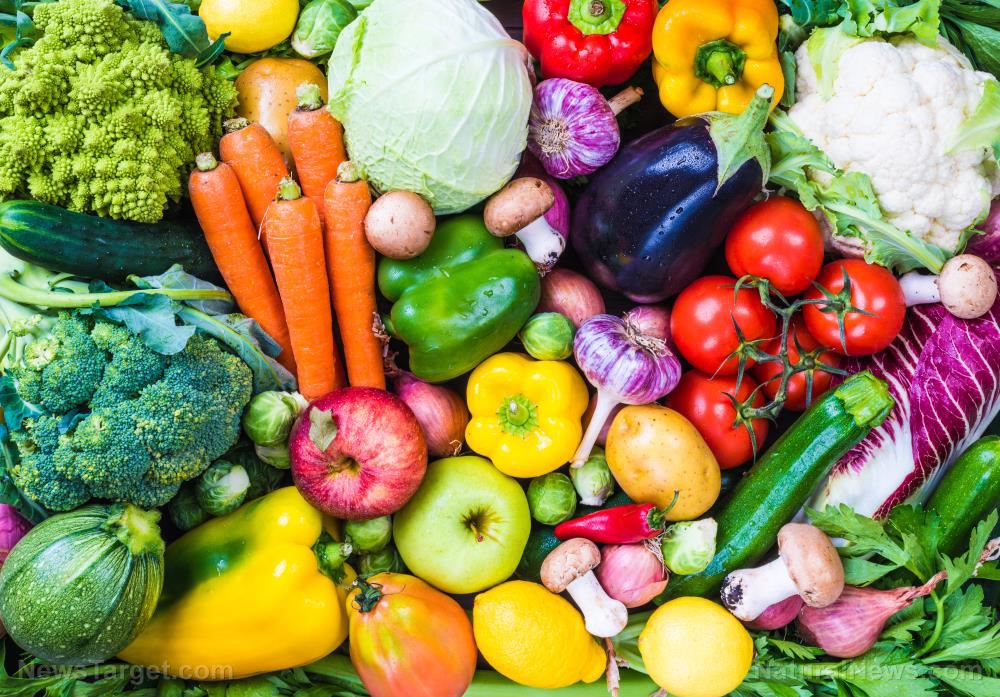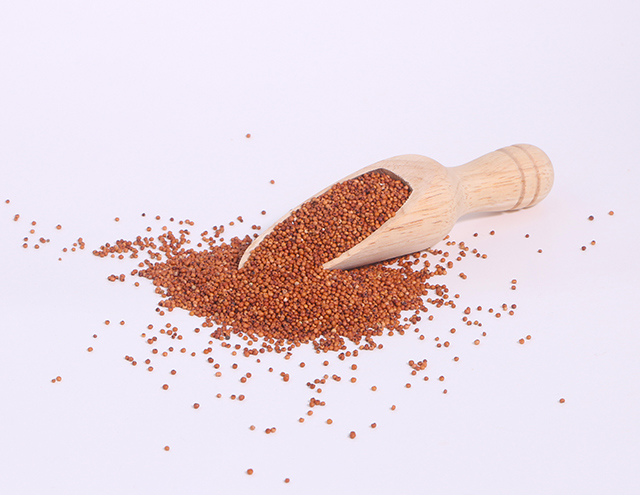Optimization of methods used to extract polyphenols from dried rosemary leaves
07/25/2019 / By Evangelyn Rodriguez

In this study, researchers from the Academic Center for Education, Culture and Research and Islamic Azad University in Iran optimized conditions used in heat- and ultrasound-assisted extraction of polyphenols from rosemary leaves through response surface methodology. The results of their study were published in the Journal of Food Processing and Preservation.
- Rosemary leaves are known to have antioxidant properties hence rosemary extracts are the only accepted natural food antioxidants in the EU.
- Heat-assisted extraction (HAE) is the conventional method generally used to extract active compounds from rosemary. However, the use of sustainable new technologies like ultrasound-assisted extraction (UAE) is also recommended.
- The researchers reported that a maximum total extraction yield (TEY) of 17.8 percent or total polyphenol content (TPC) of 147.56 milligrams gallic acid equivalent per gram of extract dry weight (mg GAE/g of extract DW) and a minimum half maximal inhibitory concentration (IC50) of 994.68 microgram per milliliter (mcg/mL) can be achieved using the following optimum conditions for HAE:
- Extraction time: 132.80 minutes
- Temperature: 70 C temperature
- Liquid-to-solid ratio: 20:1
- For UAE, a maximum TEY of 20.82 percent or TPC of 185.16 mg GAE/g of extract DW and a minimum 1C50 of 805.84 mcg/mL can be achieved using the following optimum conditions:
- Extraction time: 12.60 minutes
- Power: 200 W
- Solvent concentration: 56.26 percent ethanol
- For HAE, the researchers recorded the lowest IC50 value of 787.70 mcg/mL using a solvent mixture of water and 56 percent ethanol. This was similar to the value obtained for the antioxidant butylated hydroxytoluene (BHT, 714.79 mcg/mL), which confirmed the efficiency of the extraction procedure.
The researchers concluded that these optimal conditions will allow researchers to obtain maximum extraction efficiency of polyphenols from rosemary leaves.
Journal Reference:
Hosseini H, Bolourian S, Hamgini EY, Mahababadi EG. OPTIMIZATION OF HEAT- AND ULTRASOUND-ASSISTED EXTRACTION OF POLYPHENOLS FROM DRIED ROSEMARY LEAVES USING RESPONSE SURFACE METHODOLOGY. Journal of Food Processing and Preservation. 17 October 2018;42(11). DOI: 10.1111/jfpp.13778
Tagged Under:
RECENT NEWS & ARTICLES
COPYRIGHT © 2017 SUPERFOODS NEWS

